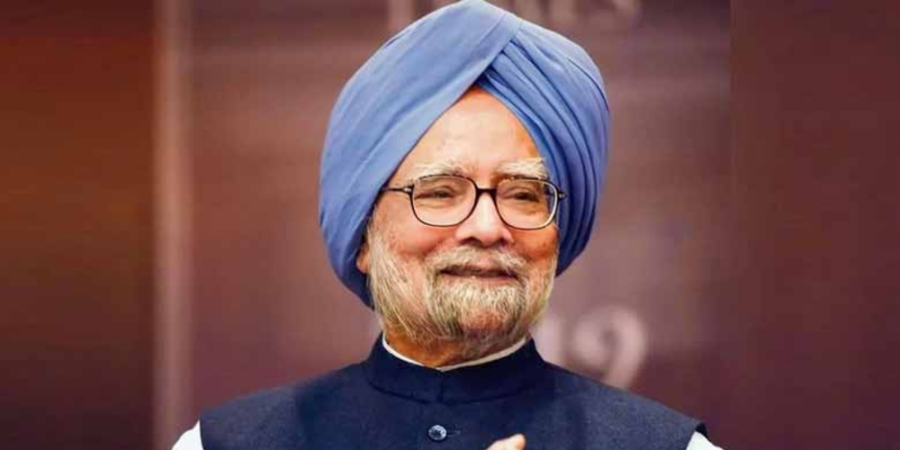

Manmohan Singh, one of India’s most prominent and respected leaders, was a statesman, economist, and former Prime Minister of India who played a pivotal role in shaping the country’s economic and political landscape. Known for his humility, intellectual rigor, and reformist zeal, Singh’s contributions to India are profound and enduring.
Born on September 26, 1932, in Gah, a village in Punjab, British India (now in Pakistan), Manmohan Singh faced numerous challenges during his formative years. Despite these, his determination and brilliance shone through, propelling him toward academic excellence.
Singh attended Punjab University in Chandigarh, where he earned his bachelor's and master's degrees in economics. Later, he pursued higher studies at the University of Cambridge and subsequently earned a doctorate in economics from the University of Oxford. His education laid the foundation for his illustrious career as an economist and policymaker.
Manmohan Singh’s legacy is most closely associated with his tenure as the Finance Minister of India from 1991 to 1996 under Prime Minister P.V. Narasimha Rao. At the time, India faced a severe economic crisis marked by a balance of payments problem and dwindling foreign exchange reserves.
In this critical moment, Singh spearheaded a series of bold economic reforms that liberalized the Indian economy. These reforms included reducing import tariffs, deregulating industries, and encouraging foreign investments. Singh's policies marked the beginning of India’s transformation from a closed, socialist economy to a more open and market-driven one.
His famous statement in Parliament, "No power on earth can stop an idea whose time has come," reflected his vision and determination. These reforms not only pulled India out of economic turmoil but also set the stage for its emergence as a global economic powerhouse.
Manmohan Singh served as the 13th Prime Minister of India from 2004 to 2014, leading two consecutive terms as the head of the United Progressive Alliance (UPA) government. During his tenure, Singh continued to focus on economic growth, poverty alleviation, and social welfare.
Key achievements of his tenure include the implementation of landmark policies such as:
Despite his numerous achievements, Singh's tenure also faced criticism over issues such as corruption scandals and economic slowdowns during his second term. However, his personal integrity remained unquestioned, and his commitment to public service earned him widespread respect.
Manmohan Singh’s contributions extend beyond politics. As an economist, he served in various capacities, including Chief Economic Adviser, Governor of the Reserve Bank of India, and Deputy Chairman of the Planning Commission. His scholarly works and policy insights have been instrumental in shaping India's development trajectory.
Manmohan Singh’s life is a testament to how intellect, perseverance, and dedication can drive transformational change. His tenure as Finance Minister redefined India’s economic framework, while his time as Prime Minister showcased his vision for inclusive growth and social equity.
Often referred to as the “father of economic reforms in India,” Manmohan Singh’s contributions continue to influence the nation’s policies and aspirations. His leadership style—marked by calmness, rationality, and an unwavering focus on long-term goals—serves as an enduring example for policymakers and leaders worldwide.
In the annals of Indian history, Manmohan Singh will forever be remembered as a scholar, reformer, and statesman who dedicated his life to the progress and prosperity of his nation.
